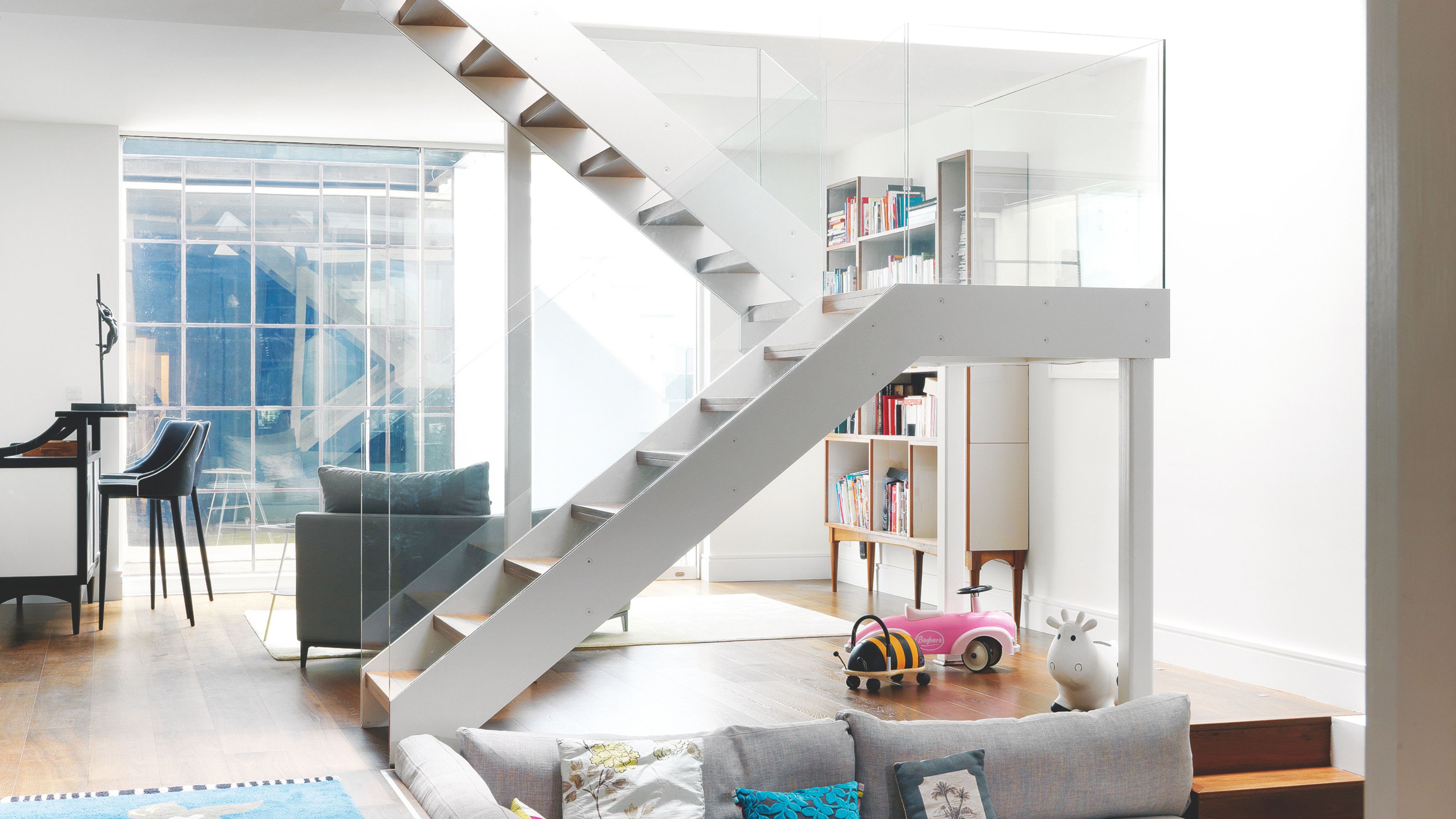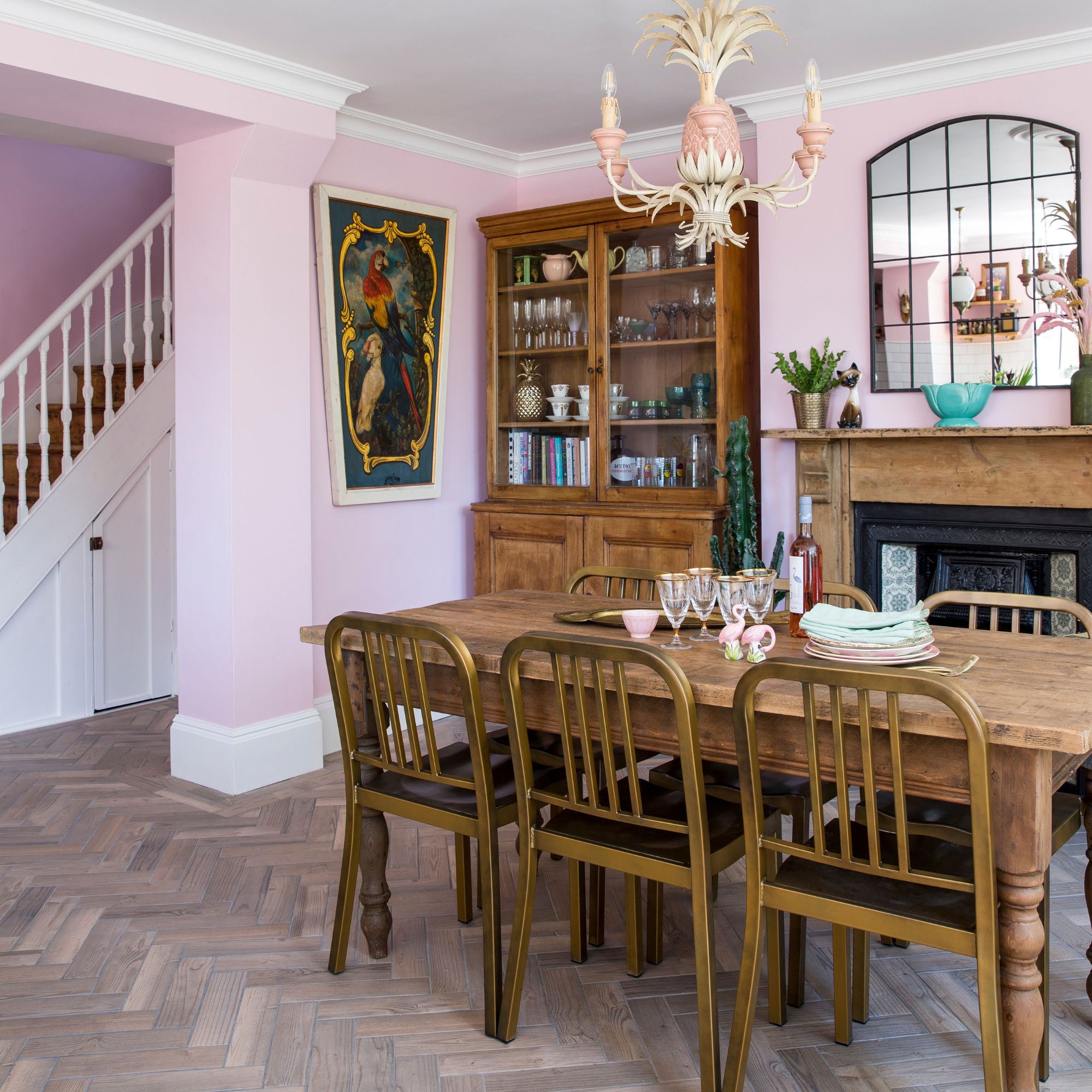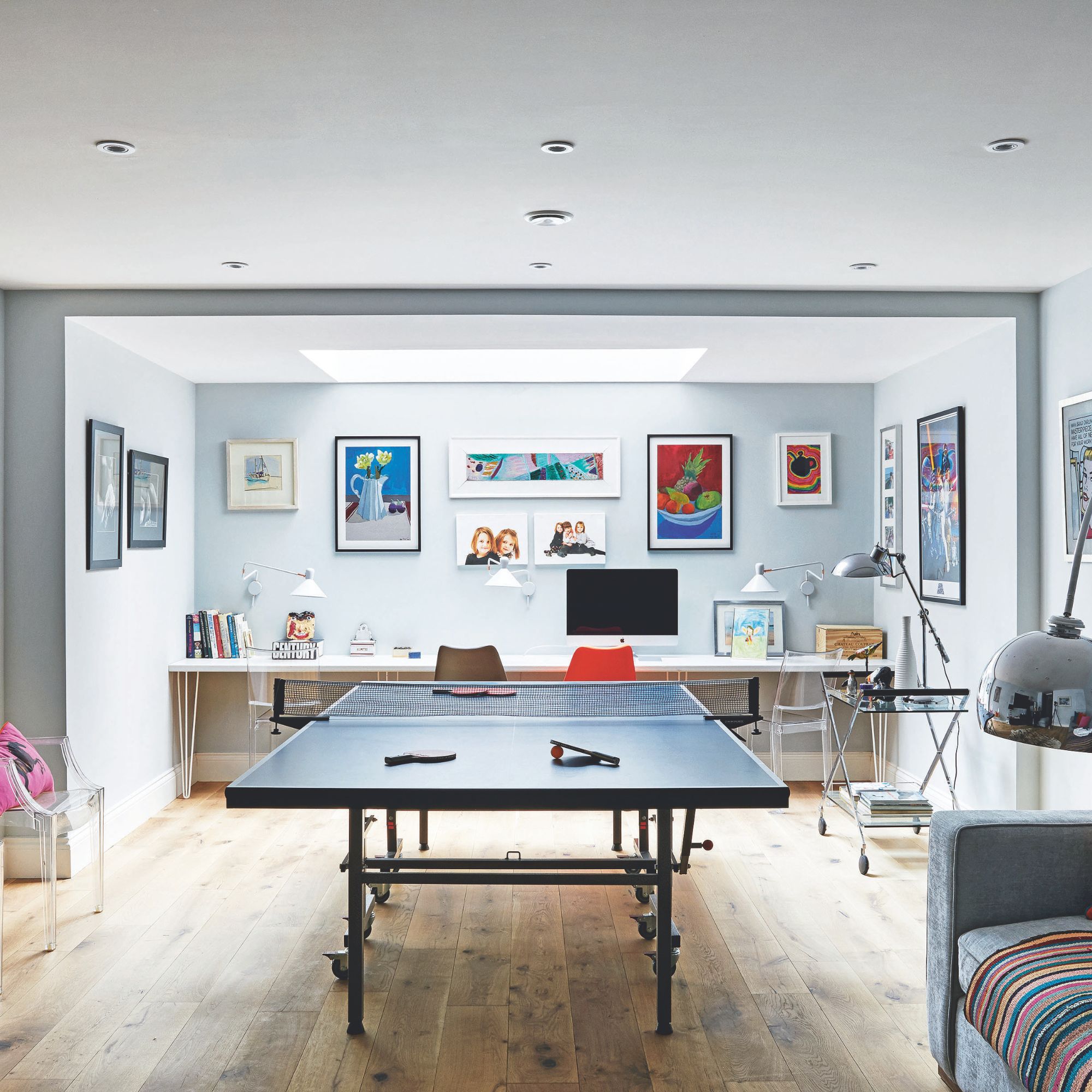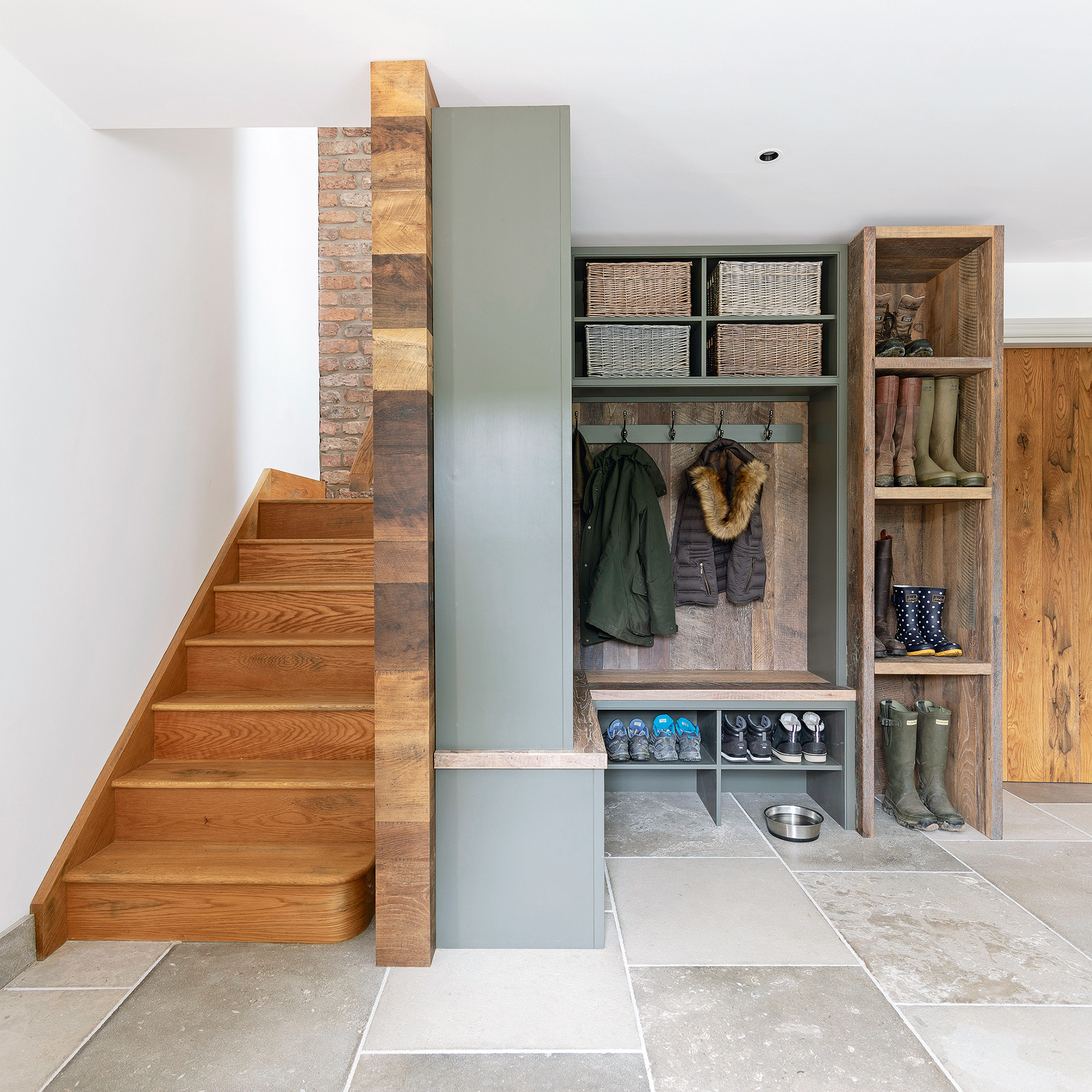Do you need planning permission to convert a basement? I asked a legal expert about the complex rules
The answer depends on the scope of your project


Before you even think about transforming a subterranean space beneath your house, you'll need to check the rules around planning permission for a basement conversion.
The process for how to convert a basement should always start with securing the necessary permissions, but the rules around when you need permission and when you don't are complex and depend on various different factors.
To help you determine whether you need planning consent to bring your basement ideas to life, I've spoken to a legal expert about the planning rules for basements.
Do I need planning permission to convert a basement?

Whether or not you need planning permission to convert your basement into living space will depend on where you live, what your plans are and how you propose to use the space.
In general, you can carryout internal conversion works under permitted development, which means you won't need to submit a formal planning application.
However, if your plans involve changes to the exterior of your property, then you may need to apply for planning permission. Steph Lyke, partner within the residential property team at SAS Daniels, explains: 'Planning permission will generally be required if you are creating new space, for example excavating below ground, altering the appearance externally or adding a lightwell or window which will be visible from the street.'
Planning to extend the existing basement or excavate down to increase the available head height could also mean your basement is classed as an extension and so may require planning permission, especially if the additional space will take you over your permitted development allowance.
Sign up to our newsletter for style inspiration, real homes, project and garden advice and shopping know-how
If you plan on using the converted basement as a separate dwelling, or for business purposes, you will likely also need to apply for planning permission.
Similarly, if you live in a designated zone, like a conservation area or National Park, or a Listed Building your permitted development rights may have been restricted or removed altogether, which means you would need to apply for planning permission to make any alterations to your home. Steph adds: 'Local Authorities do have specific rules though, particularly in conservation areas, so it's always best to check with the Planning Department or consult a local planning professional.'
Do I need planning permission to build a new basement?

If you want to build a new basement, meaning to you plan to excavate beneath your property to create the space from scratch, then you will almost certainly need planning permission.
Planning Portal advises that: 'The creation of a new basement will commonly require planning permission, often due to the effect on the external appearance of the property. A lightwell may be installed to allow light to enter the basement; if this is on the front of the property and visible from the street there may be stricter rules on the appearance than if it is located on the rear or side of the home.'
This is also a very costly process, and so only really makes sense in large cities where the added space will boost your home's value by more than the project cost. Before thinking about excavating a new basement, it's more cost-effective to look at converting a loft or garage, or building an extension first to see if that will give you the additional space you require.
What other permissions do you need to convert a basement

Whether you need planning permission for your basement conversion or not, there are other consents and approvals that you will need to secure.
A Lawful Development Certificate is a good idea if your basement conversion plans fall within the scope of permitted development, especially if you plan on selling your home in the future. This proves that the work was undertaken lawfully.
'Building Regulation approval will generally always be required,' adds Steph Lyke. 'This ensures works are carried out to current building regulation standards, and will cover any electrical installations, structural alterations , staircases etc.' Building regulations for basement conversions can be very exacting, especially when it comes to waterproofing and ventilation so it's important you follow the guidance set out by the regulations.
You should also double check the legal status of your property, explains Steph: 'If the property is leasehold, don’t forget to obtain Landlord/Freeholders consent first.'
Finally, if your proposed work impacts a wall or boundary you share with a neighbour, you will need to have a Party Wall Agreement in place.
FAQs
What happens if I convert my basement without planning permission?
If you convert your basement without planning permission and it later transpires that you should have submitted an application, you can submit a retrospective planning application and seek permission after the fact. However, there is no guarantee that this will be granted, so you should always secure consent before any work begins.
It's also possible that you could face enforcement action to make changes to your work to make it compliant with the planning rules, or even undo it in its entirety.
As well as making sure you have planning permission in place if you need it, you should also avoid this basement conversion mistake if you want your project to be a success.

Sarah Handley is Ideal Home’s Renovation Editor. She joined the team full time in September 2024, following three years of looking after the site's home finance content. As well as all things renovation, Sarah also looks after our Home Energy content, which covers all aspects of heating and insulation as well as tips on how homeowners can reduce their energy usage. She has been a journalist since 2007 and has worked for a range of titles including Homebuilding & Renovating, Real Homes, GoodtoKnow, The Money Edit and more.